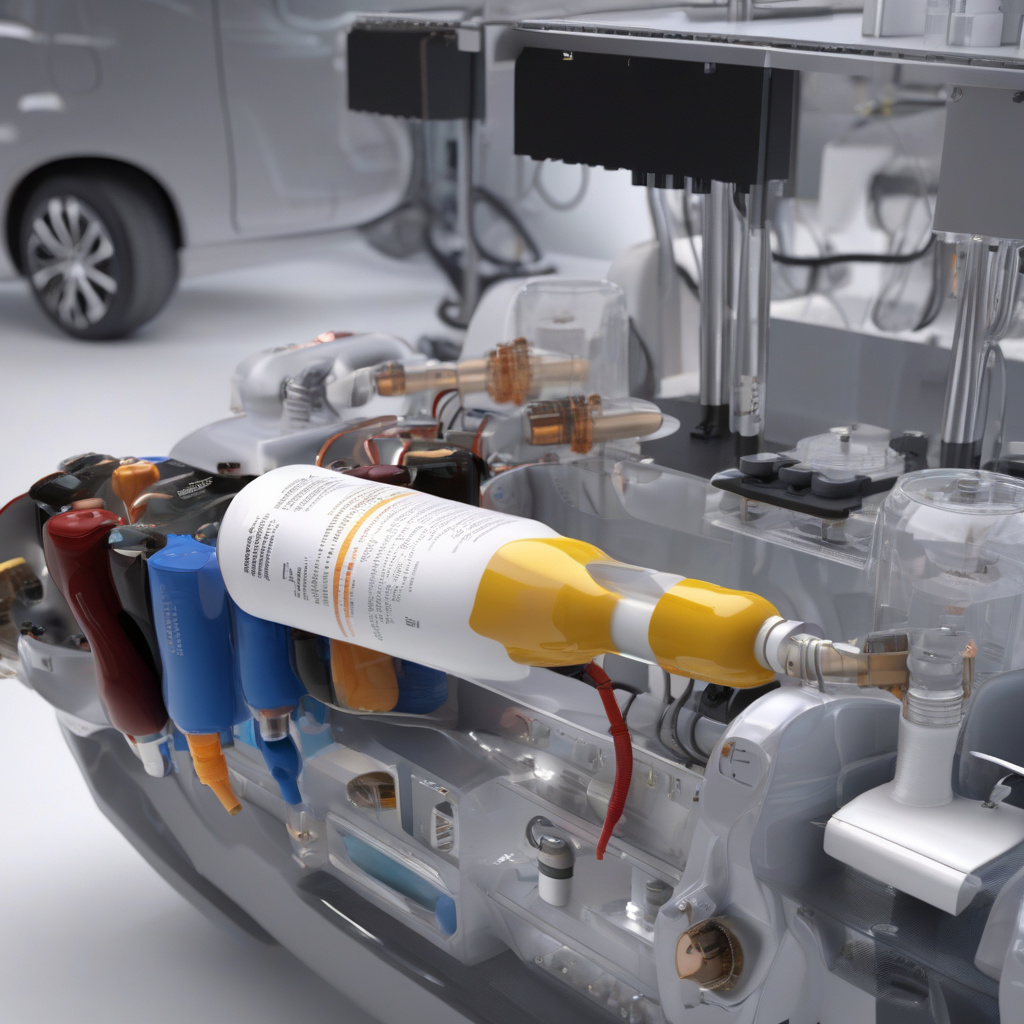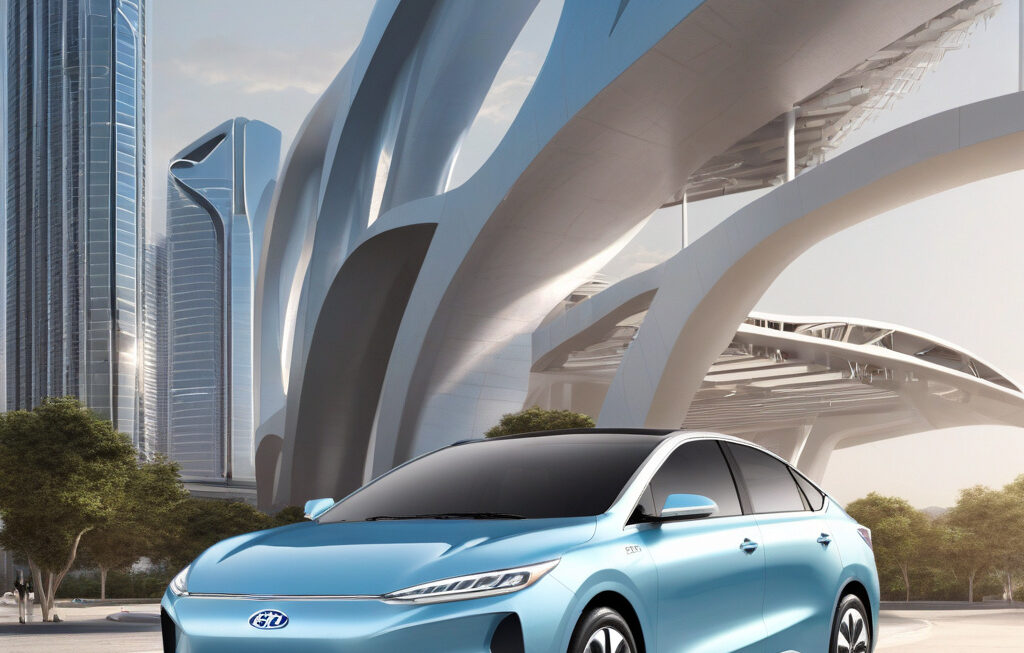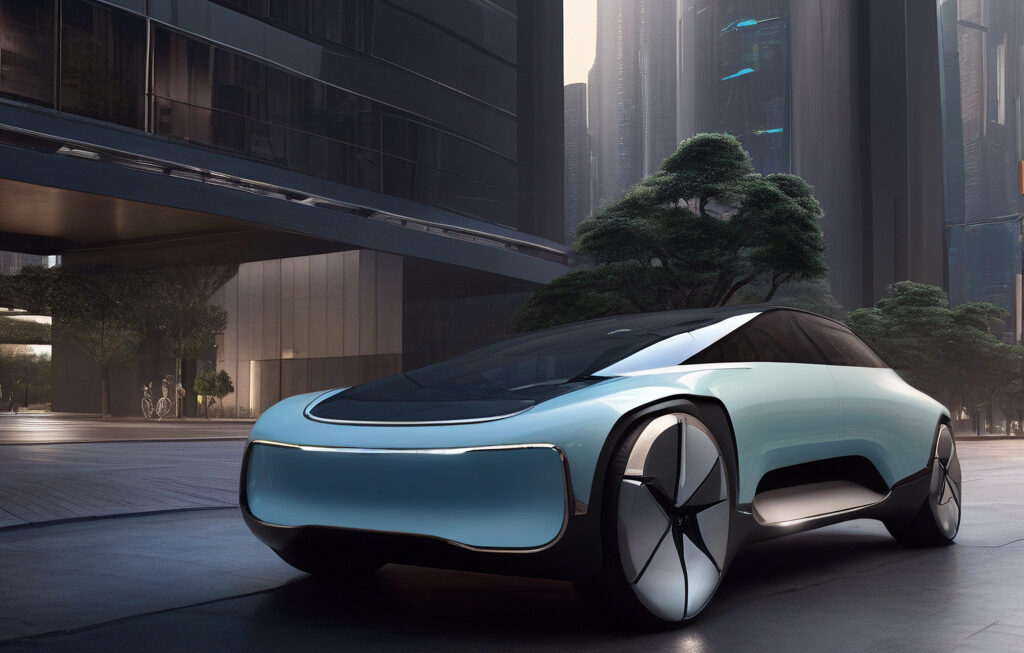80% in just 6 minutes: New sodium-ion EV battery achieves 3,000+ charge cycles
The world is moving fast on clean energy, from electric cars in cities to solar panels on rooftops. This momentum is driven by innovations in energy storage technologies that are making renewable energy sources more reliable and efficient. One breakthrough in this field is the development of a new sodium-ion electric vehicle (EV) battery that can reach an 80% charge in just 6 minutes and achieve over 3,000 charge cycles.
Traditional lithium-ion batteries have long been the standard for EVs due to their high energy density and long cycle life. However, they are not without limitations, such as the risk of thermal runaway and the scarcity of lithium resources. This has led researchers to explore alternative battery chemistries that can offer similar or improved performance while addressing these drawbacks.
Sodium-ion batteries have emerged as a promising candidate for next-generation energy storage systems. Sodium is more abundant and less expensive than lithium, making it a more sustainable choice for large-scale energy storage applications. Additionally, sodium-ion batteries can deliver high energy density and long cycle life, making them ideal for use in EVs and renewable energy systems.
The recent development of a sodium-ion EV battery that can charge up to 80% in just 6 minutes is a significant advancement in the field. This rapid charging capability brings sodium-ion batteries on par with the fast-charging capabilities of traditional lithium-ion batteries, addressing one of the key concerns of consumers regarding EV adoption – long charging times.
Moreover, the new sodium-ion battery boasts an impressive lifespan of over 3,000 charge cycles. This longevity far surpasses the typical cycle life of lithium-ion batteries, which means that EV owners can enjoy reliable performance for years to come without having to worry about frequent battery replacements.
The implications of this breakthrough are far-reaching. With the ability to charge to 80% capacity in just 6 minutes, EV drivers can enjoy the convenience of quick pit stops for recharging, making long-distance travel more feasible and reducing range anxiety. Additionally, the long cycle life of the sodium-ion battery makes EV ownership more cost-effective in the long run, as drivers can avoid the expense of replacing the battery frequently.
In conclusion, the development of a sodium-ion EV battery that can charge to 80% in 6 minutes and achieve over 3,000 charge cycles represents a significant milestone in the advancement of clean energy technologies. As the world transitions towards a more sustainable energy future, innovations like this are paving the way for more widespread adoption of electric vehicles and renewable energy systems. With continued research and development in battery technologies, we can look forward to a future powered by clean and efficient energy sources.
clean energy, electric vehicles, sodium-ion battery, renewable energy, sustainable technology











